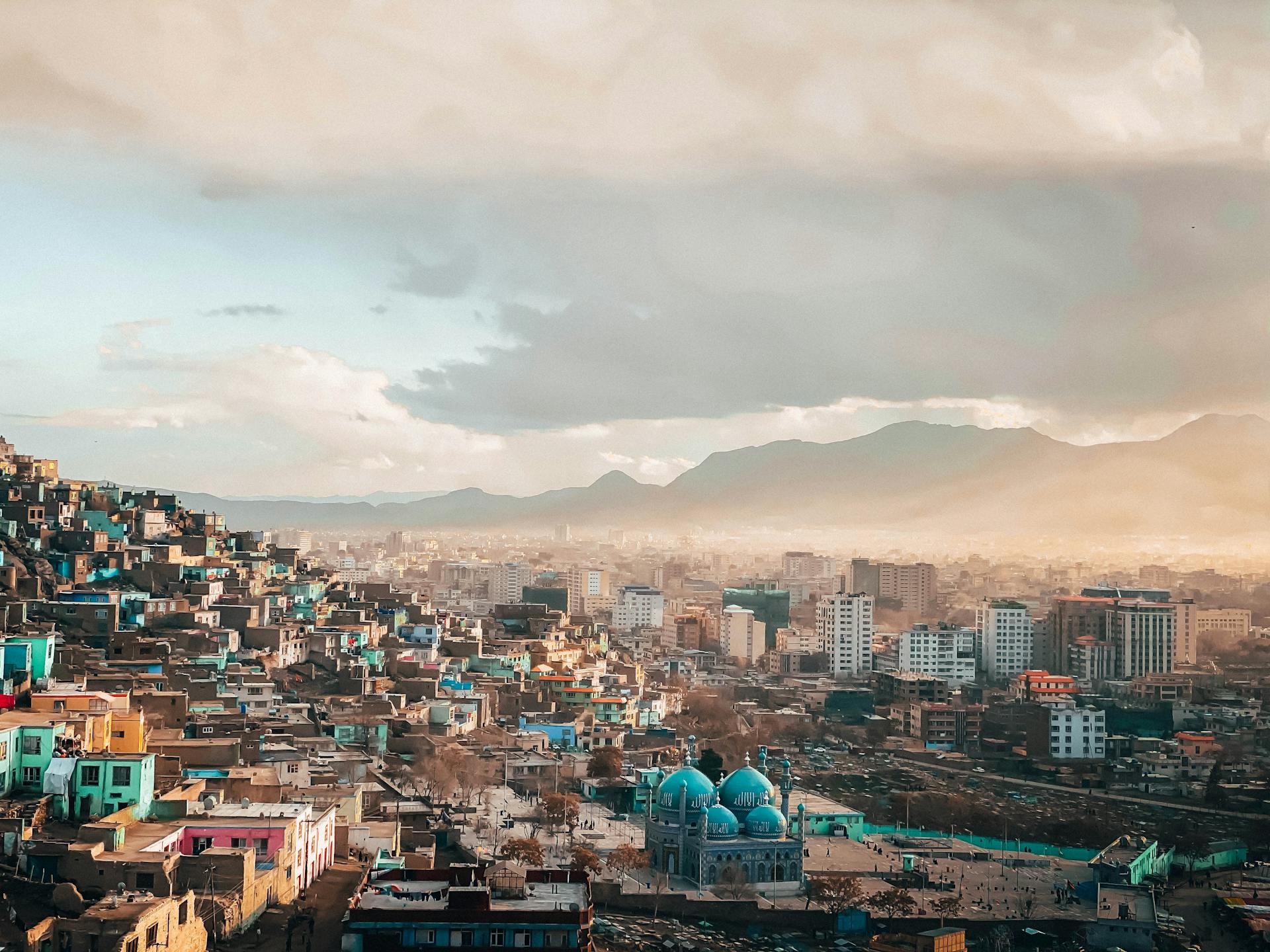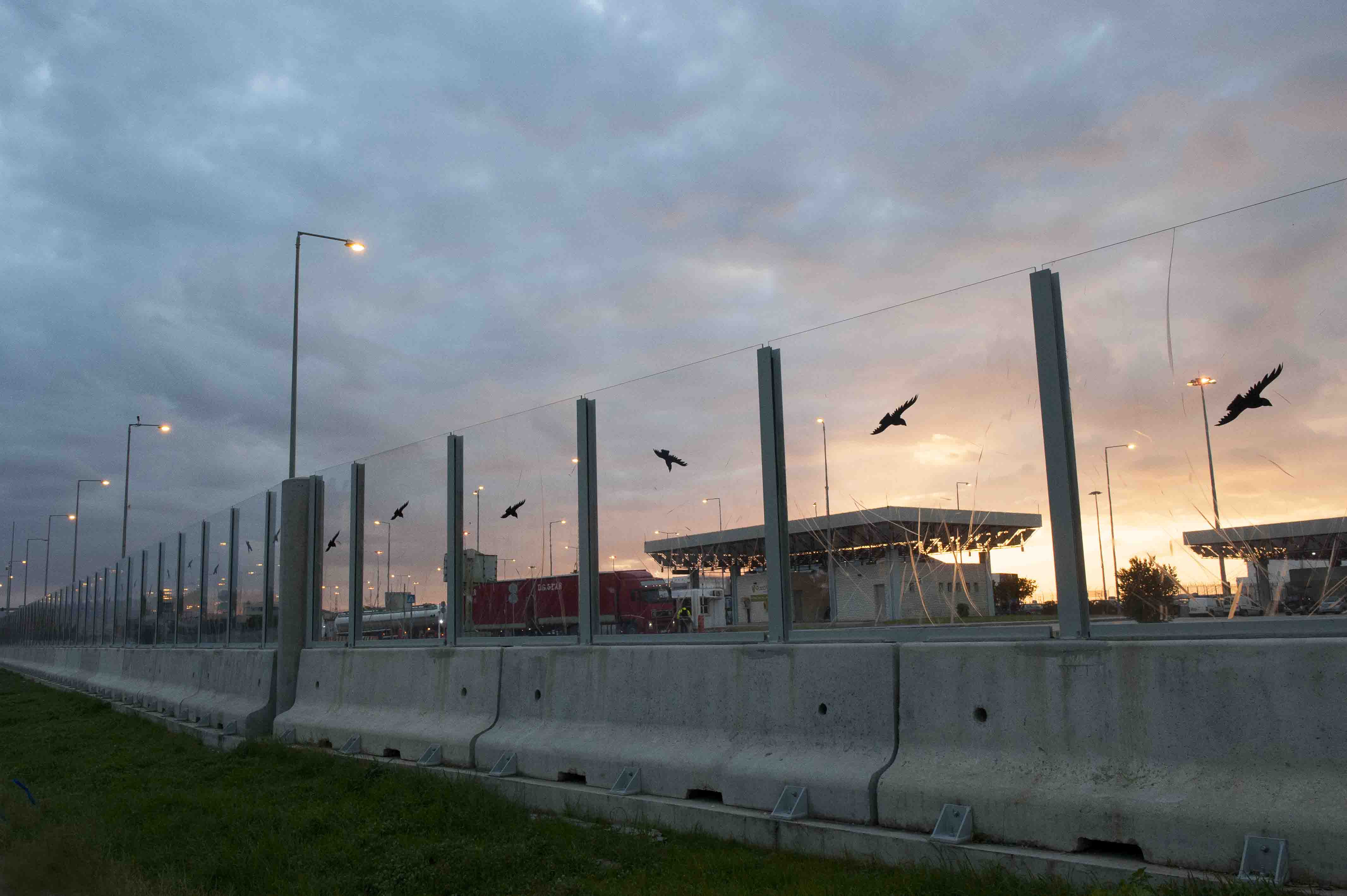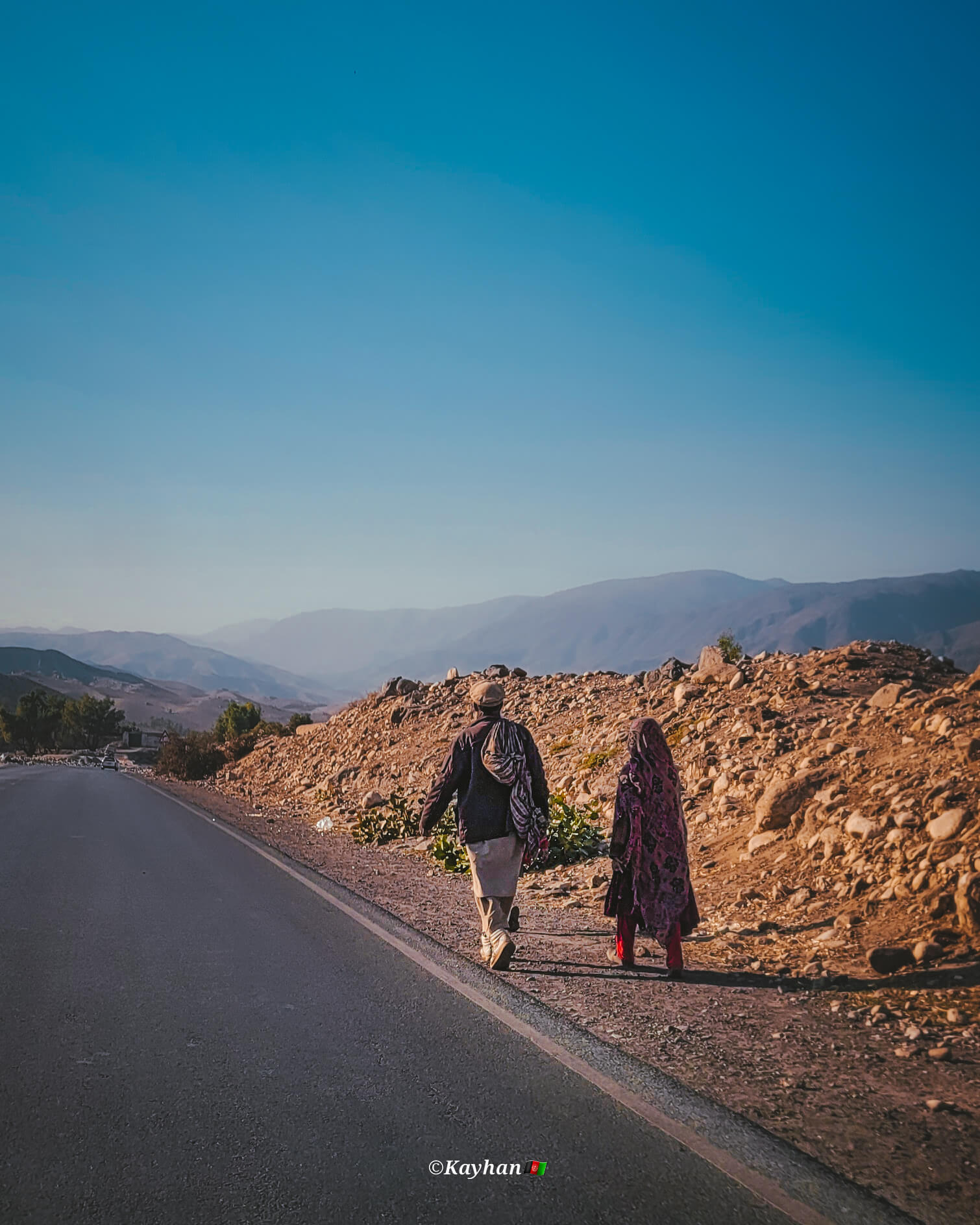We provide frontline legal support, advocacy, and training in the UK and Greece.

We act as a bridge between communities forced to navigate a hostile system and the institutions that hold power. Our legal work is grounded in deep relationships - designed with people seeking asylum, not just for them. We combine frontline legal support with community-led advocacy, public education, and strategic litigation. We amplify voices too often ignored and push back against the systems that criminalise, exclude and dehumanise. We’re not just responding to injustice but working alongside communities to dismantle it.
Find out about all of our work.

Greece
Our clinic in Athens offers free legal representation and guidance for people across Greece, focusing on asylum, family reunification, and access to justice.

UK
We support asylum seekers criminalised for their arrival in the UK, offering post-release casework and specialist legal coordination. Through training and practitioner forums, we strengthen the legal response to this growing injustice.

United Kingdom
Our Pro Bono asylum clinic partners with law firms to represent Afghan, Eritrean and Sudanese asylum seekers.

United Kingdom
We have legal aid contracts in immigration and public law. This is available for those with low or no income only.

United Kingdom
We empower people seeking asylum in the UK by providing clear legal information, one-to-one and group sessions, and specialist clinics, while working with communities to challenge injustice.
.jpg)
United Kingdom
We help families separated by conflict or persecution reunite safely in the UK by supporting legal applications and advocating for accessible family reunification pathways.

United Kingdom
We provide legal support and information to people fleeing Afghanistan, through in-house casework, pro bono partnerships, and community outreach across the UK and Europe.
Every contribution helps us provide free legal advice, reunite families, and challenge unjust asylum systems. Together, we can make access to justice a reality.
.jpg)